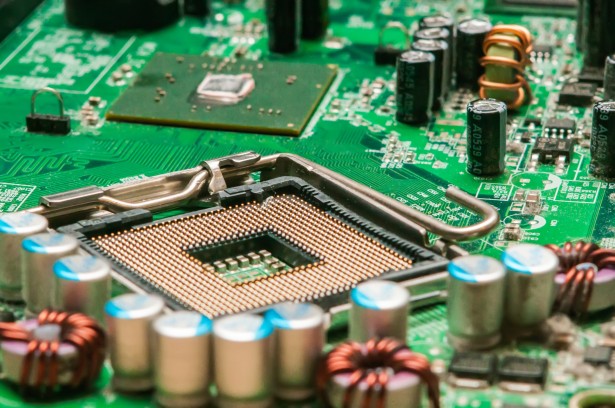Since the 1990s, policymakers in the United States have focused on creating voluntary labels like the ENERGY STAR program to promote the most efficient computer products on the market. Over the past two years, the California Energy Commission has taken the first step toward a mandatory standard on computers through its Title 20 process, the first such standard in the country (the U.S. DOE later opened its own rulemaking as well).
Throughout that time, Xergy has engaged with the California investor-owned utilities (IOUs) and their collaborators on proposals for standards that would generate cost-effective energy savings for California ratepayers. Through collaboration with an Ecova research team, we have demonstrated that:
- With several key component changes—including power supplies, processors, hard drives, and graphics cards—desktop computers could be made over 20% more efficient today using off-the-shelf technologies
- Discrete computer graphics cards have become radically more efficient in recent years, using far less power while idling (short idle) or not displaying an image (long idle)
- Real-world usage can have a dramatic impact on the power consumption of today’s computers and their highly dynamic processors. A notebook computer could consume more than twice the power while idling than what is measured by current test procedures when using even common web applications.
We look forward to continuing the research that will enable next-generation computer efficiency standards in the United States.

